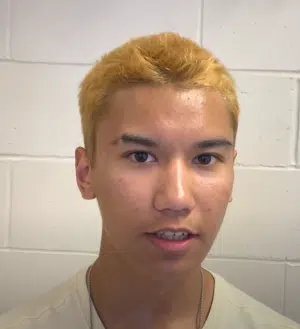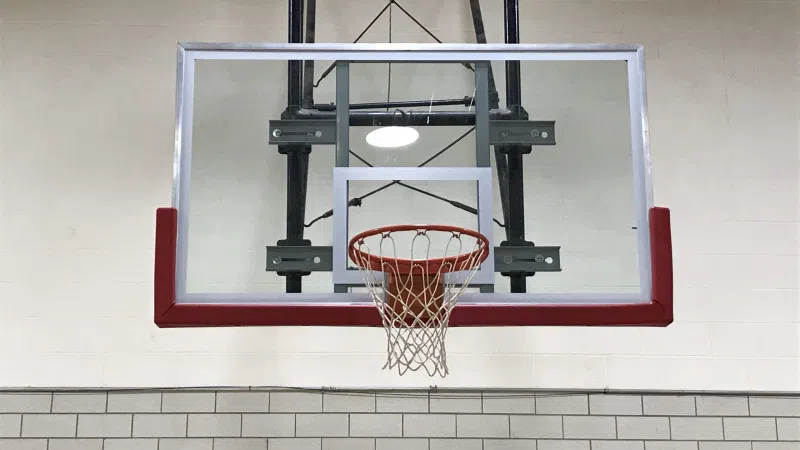
(Griswold) As the saying goes, ‘You have to walk before you can run,’ but for Griswold’s Cody Dorscher the opposite is true.
Last week hundreds of medals were handed out at the state track meet, but there’s a case to be made that the most impressive performance all spring came from a Griswold sophomore that only ran in a few meets and didn’t even qualify for state. Cody Dorscher has Functional Neurological Disorder, better known as FND or Conversion Disorder. “So basically my brain and my body are not on the same level and they don’t talk very well. The main symptoms I’ve been having were at first a lot of slurring and stuttering of my words. My legs are kind of hard to walk with. But kind of like a bicycle, when I’m up to full speed I’ve been able to balance easier, which has helped me with running for track.”
His condition was not triggered by a concussion or any one thing, but rather a mixture of traumatic events at a young age. Within six months, 80% of people with FND fully recover. Dorscher started experiencing symptoms after a basketball game in February. “I don’t have much memory of it, but my coaches told me that right after the game when I was walking back to the locker room that’s when I started wobbling and slurring my words.”
The former Corner Conference Champion in the 800 and 3200 has been going to therapy for the past few months. Then came the day he got to get back on the track, “It feels amazing. I might not be getting gold medals anymore, but I feel so much happier just to be with my team and run again. As soon as my dad showed me the video of a woman with this disorder and she could run and not walk, I was in the car and I felt so ecstatic. Even thinking to run a little bit had me excited.”
It took some time before Dorscher felt comfortable running in a meet again. He had to approach the start line with a walker. At the finish line a teammate was waiting to catch him. When he finally made his season debut it was memorable. “As a distance runner people always tell you they were cheering for you, but out there on the track you don’t hear much. The first day I was out doing an 800 it seemed like I could hear every distinct voice saying ‘Go Dorscher’, ‘Go Cody.’ It just made me feel better about being myself again.”
Dorscher isn’t just out for a jog. He’s gone as fast as 2:18 in the 800. “It’s my favorite therapy. As I’m out there on the track and running my legs feel normal. I don’t feel any headaches or dizziness. I feel how I used to. What I was before February.”
Among the challenges facing Dorscher include keeping his hands still enough to take a drink of water and no longer being able to drive. Nervousness can intensify the symptoms. He’s expecting to be 100% by the start of his junior cross country season.











